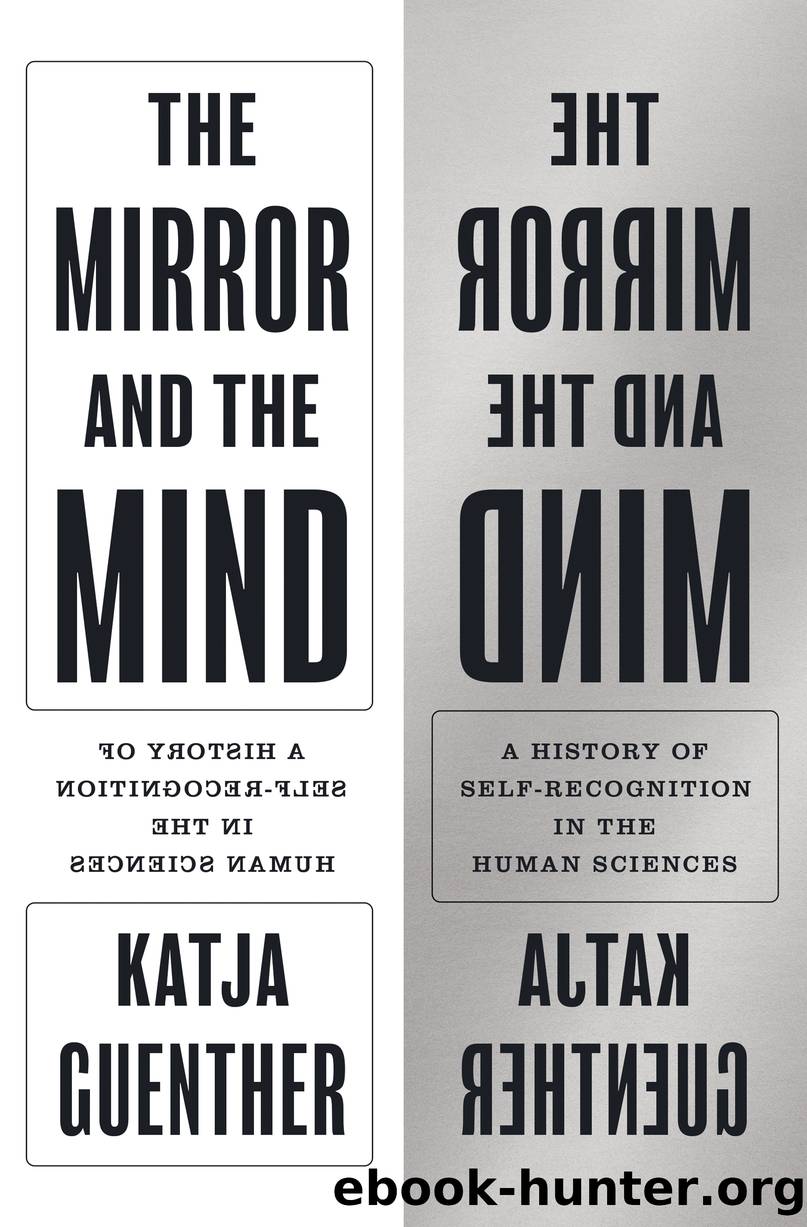The Mirror and the Mind by Katja Guenther;

Author:Katja Guenther;
Language: eng
Format: epub
Publisher: Princeton University Press
Published: 2022-08-24T00:00:00+00:00
As Lévi-Straussâs plea makes clear, however, such preservation was necessary in order to preserve a privileged site for the investigation of the Western self, using the Other as a mirror to reflect on ourselves.
Lévi-Straussâs argument was prominently challenged by the philosopher Jacques Derrida in a seminar he taught in 1966, and later published in Of Grammatology, where he offered a close reading of âA Writing Lesson.â102 Derrida commented on Lévi-Straussâs âRousseauistâ reading of the encounter, which posited the corruption of a âcrystallineâ society through the encounter of writing.103 He agreed with Lévi-Strauss that writing could establish power differences, but he suggested that we needed a broader view of it, one that went beyond Lévi-Straussâs Western ethnocentric account. If we were no longer guided by what Westerners considered writing, Derrida argued, but rather by a generalized versionâwhat Derrida called âarche-writingââit would become clear that the Nambikwara were not bereft of writing, and thus social hierarchies, before Lévi-Straussâs arrival.104 Lévi-Strauss inadvertently pointed to the existence of this broader form of writing when he described the way the Nambikwara added âdots and zigzags on their calabashes.â105 It followed then that we could not see the Nambikwara as innocent, waiting for a singular moment of corruption. Nostalgic accounts of an innocent and preliterate society were ethnocentric myths.
In Carpenterâs engagement with the mirror in Papua New Guinea, we see a similar development. Carpenter too expressed anxiety that the so-called primitive societies he studied might not be truly pure, and his investigations with the mirror led him to the conclusion that there was no age before media, no prelapsarian moment. Mirrors were everywhere, and so human history could not be told as a story of a fall from âtribal manâ and a future redemption from the thralls of writing, but rather as the multiple and contradictory effects of many different forms of media. But this merely sharpens the irony of Carpenterâs trip to Papua New Guinea: he came to this conclusionâthe realization that âtribal man,â understood as humanity before mirrors, was a mythâonly when he found a living specimen.
Download
This site does not store any files on its server. We only index and link to content provided by other sites. Please contact the content providers to delete copyright contents if any and email us, we'll remove relevant links or contents immediately.
Algorithms of the Intelligent Web by Haralambos Marmanis;Dmitry Babenko(8310)
Test-Driven Development with Java by Alan Mellor(6823)
Data Augmentation with Python by Duc Haba(6739)
Principles of Data Fabric by Sonia Mezzetta(6481)
Learn Blender Simulations the Right Way by Stephen Pearson(6392)
Microservices with Spring Boot 3 and Spring Cloud by Magnus Larsson(6254)
Hadoop in Practice by Alex Holmes(5966)
Jquery UI in Action : Master the concepts Of Jquery UI: A Step By Step Approach by ANMOL GOYAL(5816)
RPA Solution Architect's Handbook by Sachin Sahgal(5652)
Big Data Analysis with Python by Ivan Marin(5408)
The Infinite Retina by Robert Scoble Irena Cronin(5345)
Life 3.0: Being Human in the Age of Artificial Intelligence by Tegmark Max(5162)
Pretrain Vision and Large Language Models in Python by Emily Webber(4377)
Infrastructure as Code for Beginners by Russ McKendrick(4143)
Functional Programming in JavaScript by Mantyla Dan(4044)
The Age of Surveillance Capitalism by Shoshana Zuboff(3964)
WordPress Plugin Development Cookbook by Yannick Lefebvre(3858)
Embracing Microservices Design by Ovais Mehboob Ahmed Khan Nabil Siddiqui and Timothy Oleson(3658)
Applied Machine Learning for Healthcare and Life Sciences Using AWS by Ujjwal Ratan(3636)
